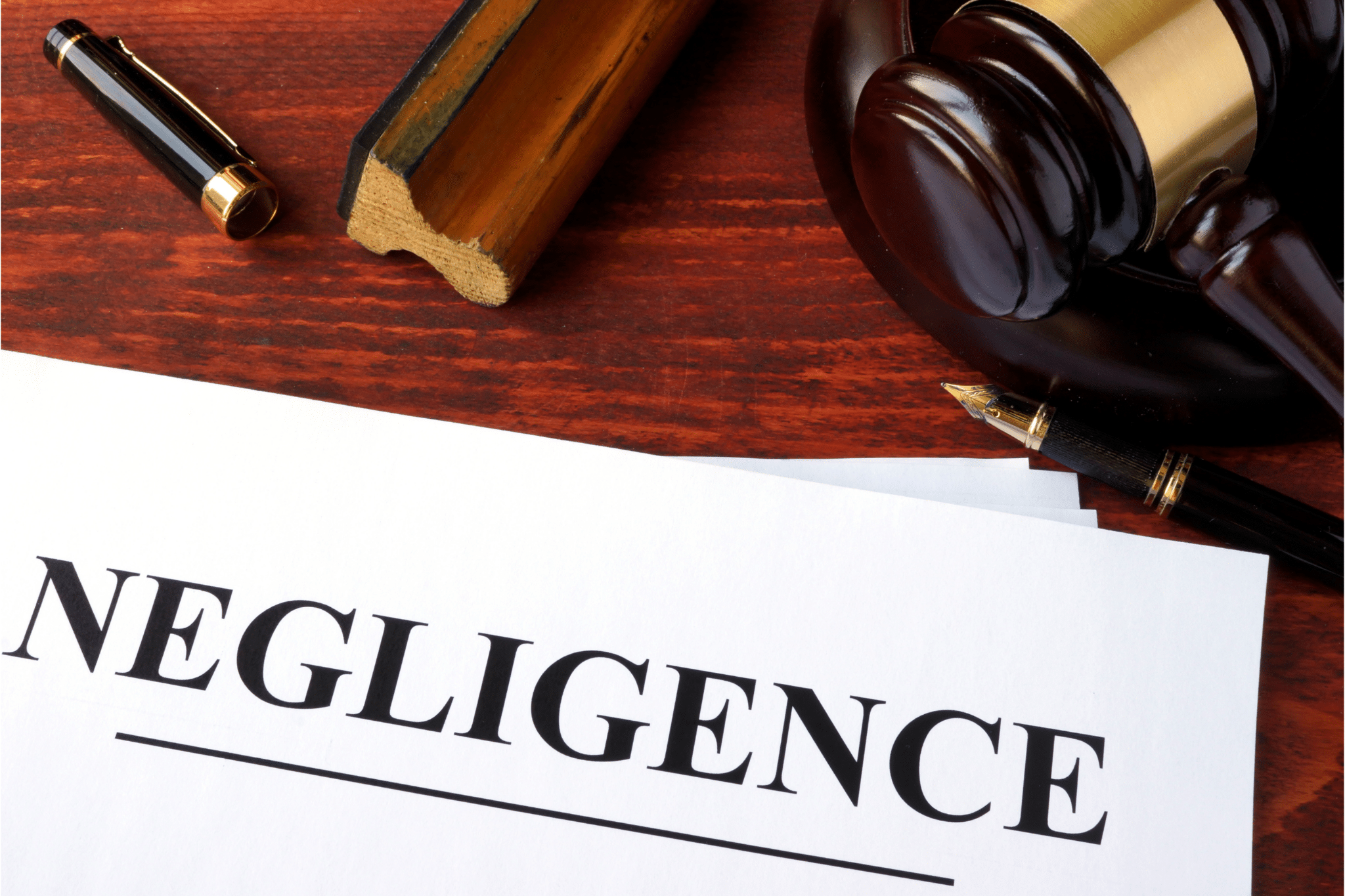Reckless Conduct vs. Negligence: Unraveling Legal Distinctions in IL
In the intricate landscape of criminal law, distinguishing between reckless conduct and negligence is crucial for understanding the legal ramifications associated with each. In the state of Illinois, these distinctions are significant, as they can impact the charges an individual may face and the potential legal consequences that follow.
This blog aims to shed light on the nuances of reckless conduct and negligence, offering practical examples to enhance comprehension. Moreover, we will delve into the importance of building a robust defense with an experienced criminal defense lawyer to navigate the complexities of such charges effectively.
Reckless Conduct: An Act with Willful Disregard
Reckless conduct, as defined in Illinois law, involves engaging in an act with willful disregard for the safety of others. This legal standard requires more than mere negligence; it demands a conscious choice to act in a way that poses a substantial risk of harm. In simpler terms, reckless conduct implies a deliberate and conscious decision to ignore potential consequences.
Imagine a scenario where a driver, fully aware that their vehicle has faulty brakes, chooses to speed through a busy intersection without attempting to address the issue. In this case, the driver’s conscious decision to drive recklessly, knowing the potential dangers, would likely lead to a charge of reckless conduct.
Consequences of Reckless Conduct in Illinois
Being charged with reckless conduct in Illinois can have severe consequences. The penalties may include fines, probation, and even incarceration, depending on the nature and severity of the act. Additionally, a conviction for reckless conduct can have lasting effects on one’s criminal record, affecting employment opportunities and personal relationships.
Negligence: Breaching the Duty of Care
On the other hand, negligence involves a failure to exercise the level of care that a reasonable person would under similar circumstances. Unlike reckless conduct, negligence does not require a willful intent to cause harm but rather focuses on the failure to meet the standard of care expected in a given situation.
Negligence cases often hinge on the concept of duty, breach of duty, causation, and damages.
Consider a property owner who neglects to repair a broken staircase railing despite being aware of its hazardous condition. If a visitor falls and sustains injuries due to the broken railing, the property owner may be held liable for negligence, as they failed to meet the expected duty of maintaining a safe environment for visitors.
Consequences of Negligence in Illinois
Negligence can lead to civil liability, where the responsible party may be required to compensate the injured party for medical expenses, pain and suffering, and other damages.
While negligence cases typically result in civil suits, there are instances where criminal charges, such as involuntary manslaughter, may be brought if the negligence leads to someone’s death.
Building a Strong Defense: The Role of an Experienced Criminal Defense Lawyer
Whether facing charges of reckless conduct or negligence, mounting a strong defense is paramount. An experienced criminal defense lawyer can navigate the legal intricacies, scrutinize the evidence, and craft a defense strategy tailored to the specific circumstances of the case.
A skilled attorney will conduct a thorough investigation, examining the details surrounding the alleged incident. This may involve questioning witnesses, analyzing forensic evidence, and challenging the prosecution’s case.
Understanding the nuances of Illinois law is essential for building a successful defense. A knowledgeable criminal defense lawyer can identify potential weaknesses in the prosecution’s argument and leverage legal precedents to benefit the defendant.
In some cases, negotiation may be an effective strategy to reduce charges or secure a more favorable plea deal. A seasoned criminal defense lawyer can negotiate with the prosecution on behalf of the defendant to achieve the best possible outcome.

Defending Against Reckless Conduct Charges In Illinois
In unraveling the legal distinctions between reckless conduct and negligence in Illinois, it becomes evident that these charges require careful consideration of intent and negligence standards. Building a robust defense is imperative to navigate the complexities of the legal system effectively.
Whether facing charges of reckless conduct or negligence, consulting with an experienced criminal defense lawyer is not just advisable—it is crucial for safeguarding one’s rights and securing the best possible outcome in the legal proceedings.
About the Author:
Andrew M. Weisberg is a former felony prosecutor who now serves as a defense attorney in the greater Chicago area. He has extensive experience handling all types of criminal cases, from sex offenses and domestic violence to retail theft-related crimes, murder, and drug crimes. His work has been recognized by Avvo, Expertise, National Trial Lawyers, and others, and he has been featured on countless news outlets for his experience and knowledge in criminal law.







 Blog Home
Blog Home 










